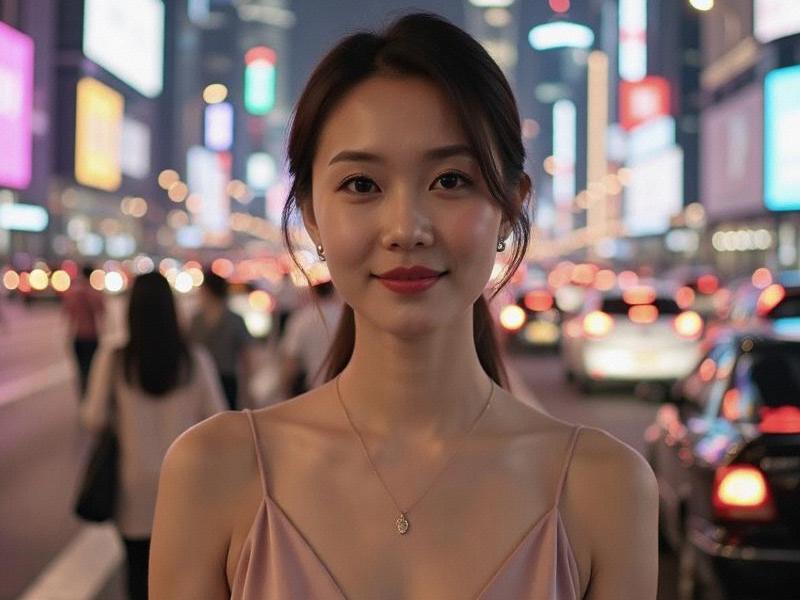An investigative look at how Shanghai's premium entertainment venues are adapting to changing consumer demands and regulatory environments while maintaining global competitiveness

The discreet brass plaque beside a Bund-era building reveals nothing of the sensory experience inside—where Shanghai's power brokers now conduct billion-dollar deals amid jazz performances and tea ceremonies. This is the new face of Shanghai's high-end club scene: equal parts business hub, cultural salon, and luxury retreat.
Evolution of the Model
Three generations of Shanghai clubs:
1. 1990s-2000s:
- Expat-focused "KTV palaces"
- Ostentatious decor mimicking Vegas
- 85% revenue from alcohol sales
2. 2010s:
- Hybrid business-entertainment spaces
- Membership systems mimicking London clubs
阿拉爱上海 - Introduction of cultural programming
3. Post-2020:
- "Third space" concept (not home/office)
- Emphasis on privacy and exclusivity
- 60% revenue from membership fees
"The smart money now values discretion over dazzle," notes hospitality analyst James Peng. "We're seeing more investments in soundproofing than champagne displays."
Business as Entertainment
How clubs facilitate commerce:
上海贵族宝贝sh1314 - Customizable meeting pods with simultaneous translation
- On-call industry experts (lawyers, investors)
- Blockchain-based membership verification
- AI-assisted matchmaking for professional networking
Cultural Hybridization
Distinctive Shanghai fusion elements:
1. "Jazz-Opera" nights blending Peking opera with improvisation
2. Tea sommeliers pairing pu'er with single malts
3. Digital art exhibitions rotating monthly
上海品茶论坛 4. Gastronomy programs featuring Michelin chefs
Regulatory Adaptation
Key compliance innovations:
- Facial recognition entry systems linked to police databases
- Automated alcohol consumption monitoring
- Digital payment trails replacing cash transactions
- Staff certification programs on legal boundaries
With annual revenues exceeding ¥18 billion, Shanghai's premium club industry continues to reinvent itself—serving as both economic lubricant and cultural laboratory. As one veteran owner quipped: "We don't sell drinks or songs anymore. We sell Shanghai itself."